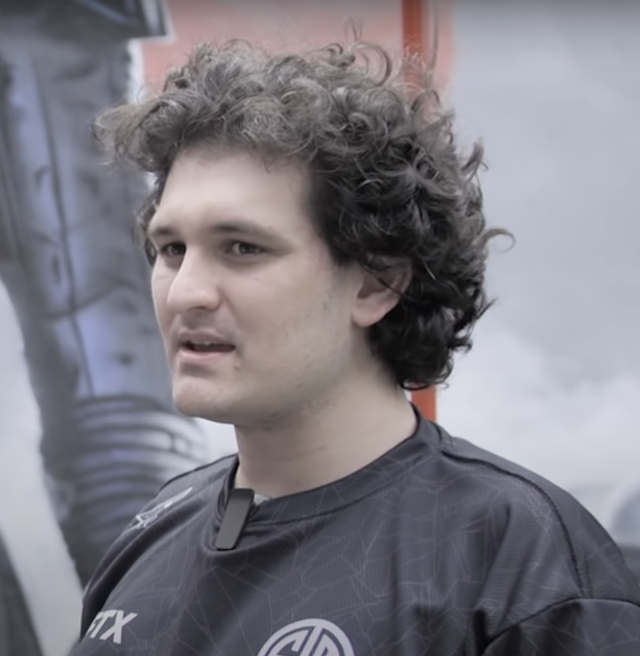In a courtroom drama that has captured the attention of the financial world, Sam Bankman-Fried, the co-founder of the now-bankrupt cryptocurrency exchange FTX, took the stand in Manhattan federal court. Facing severe allegations of fraud and money laundering, Bankman-Fried's testimony was a blend of admissions and defenses, painting a picture of a man who, while acknowledging "significant oversights," vehemently denies committing fraud.
FTX's rapid rise and subsequent implosion have been well-documented. Founded in 2019, the platform quickly gained traction, with endorsements from high-profile figures like supermodel Gisele Bündchen, comedian Larry David, and sports icons Tom Brady and Shaquille O'Neal. However, by late 2022, the platform was in turmoil, with a reported $8 billion deficit. The U.S. government alleges that Bankman-Fried funneled this money to his hedge fund, Alameda Research, through a concealed portal in FTX's code.
The crux of the prosecution's case revolves around the intertwined operations of FTX and Alameda Research. While presented as separate entities, the government contends that the funds were essentially pooled together. This setup allegedly allowed Bankman-Fried and his team to use FTX deposits to cover Alameda's debts and speculative bets, thereby exposing FTX customers to enormous risks.
During his testimony, Bankman-Fried was asked directly by his attorney, Mark Cohen, if he had defrauded anyone. His response was a clear "No, I did not." However, he did admit to making both small and large mistakes, the most significant of which was the absence of a dedicated risk management team at FTX.
This trial has also shed light on Bankman-Fried's personal journey in the crypto world. He confessed to having little understanding of digital currencies before launching Alameda Research in 2017. Despite this, he saw an opportunity in the burgeoning market, driven by high demand and limited infrastructure.
While the defense paints a picture of a well-intentioned entrepreneur trying to navigate the complex world of cryptocurrencies, the prosecution has presented a different narrative. They've brought forward former colleagues of Bankman-Fried, including Alameda Research CEO Caroline Ellison, FTX engineering director Nishad Singh, and FTX co-founder Gary Wang. All three have testified against Bankman-Fried, claiming involvement in crimes such as misleading investors about FTX's financial health and misappropriating $10 billion from FTX customers to Alameda.
These testimonies have been particularly damning, with all three witnesses having pleaded guilty to criminal charges and now cooperating with the federal government in hopes of receiving reduced sentences.
The trial has also revealed some of the inner workings and decisions made at FTX. Bankman-Fried testified that as a customer of FTX, Alameda was allowed to borrow from the platform. He stated that FTX generally didn't restrict the use of borrowed funds, as long as the platform's assets exceeded its liabilities.
The trial continues to unfold, with Bankman-Fried expected to face rigorous cross-examination from federal prosecutors. As the case progresses, the financial world watches closely, awaiting the verdict on one of the most significant financial fraud allegations in recent history.






